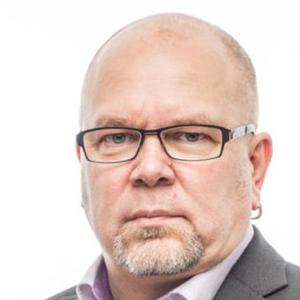With an ageing population comes a greater need for a prolonged working life for all. The objective of the international research programme EIWO – Exclusion and Inequality in Late Working Life: Evidence for Policy Innovation Towards Inclusive Extended Work and Sustainable Working Conditions in Sweden and Europe – is to study factors promoting a longer, more inclusive and equal late working life participation, as well as reduced risks for exclusion.Andreas Motel-Klingebiel, Professor of Ageing and Social Change. Photo credit Magnus Johansson
For example, the researchers study sources to and effects of exclusion risks and inequalities by gender, education and region in Sweden and Europe. They also assess policy, institutional and corporate-level influences on unequal employment chances, life-long learning opportunities and security levels. Part of the study is also to analyse how earlier stages of life influence inequality and disadvantage in later working life.
The programme started in 2019 with funding from FORTE. In 2022, the first programme phase ends and FORTE has now approved the programme to continue in phase two. In total the programme has received SEK 17,3 million for the two phases. Researchers from several European universities are part of the programme, and it is led by Andreas Motel-Klingebiel, professor at the Division of Ageing and Social Change, Linköping University.
At the same time, FORTE has approved SEK 500 000 for a research network on sustainability and late working life entitled Sustainability, inclusiveness, productivity and equity and the transformation of Swedish working life courses (SIPET). The network is run in collaboration between researchers at Linköping University and Karolinska Institutet and will engage researchers and policy makers from Sweden and Europe. SIPET will initiate a series of events with workshops and seminars as well as a PhD forum to foster interdisciplinarity, internationalisation and societal impact.
